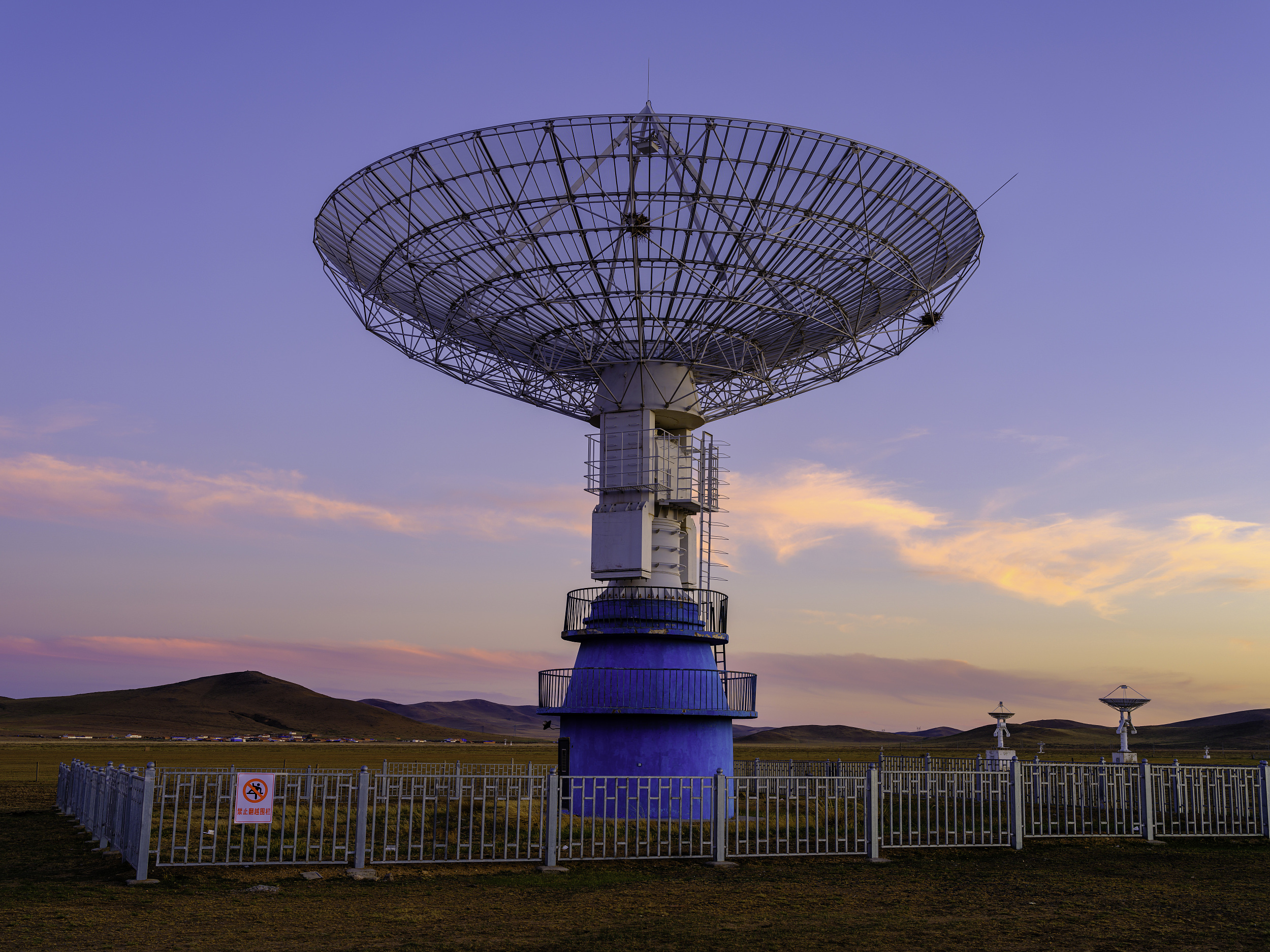
Five-hundred-meter Aperture Spherical radio Telescope(FAST) Astronomical Observatory of Chinese Academy of Sciences in Inner Mongolia Autonomous Region, China. (PHOTO: VCG)
Based on surveys conducted in 24 countries, Pew Research Center examines how the U.S. and China stack up to one another on more than 10 different measures, spanning from the economic power to views of their universities and technological achievements.
As for the Ratings of American and Chinese technology, difference in shares who say U.S. and Chinese technology is above average or the best compared with other wealthy nations.
The U.S. and China are both widely seen as technological powerhouses. For example, together they dominate the global digital market. Between Google's Android and Apple's iOS, American companies have the vast majority of the mobile operating system market share worldwide. Yet China leads the charge toward 5G and global network coverage.
Across the 24 countries surveyed, a median of 72 percent describe U.S. technology as the best or above average and 69 percent say the same of Chinese technology. And evaluations of the two superpowers' technological prowess differ little in seven countries. For example, 83 percent of Spaniards say American technology is above average or the best, compared with 82 percent who say the same for China.
China's technology is seen more positively in 10 countries, including in the U.S. Technological achievements are the only measure where Americans see China outpacing the U.S. About two-thirds of American adults (66 percent) say China's technology is above average or the best, compared with 56 percent who say the same about their own country.
There is little distinction between middle- and high-income countries' ratings of either country's technology, but some regional patterns do emerge. China's technological achievements are rated more positively in the Latin American countries surveyed, while the Asian countries included give the U.S. more positive marks.
Comparing Views of the U.S. and China in 24 Countries, https://www.pewresearch.org, 06-11-2023
The trio will conduct a series of experiments in fields such as life science, fluid physics, combustion science and materials science. Notably, this is the first time that fruit flies have been taken on a Chinese space mission as experimental subjects. What made scientists choose fruit flies? What experiment will they undergo?
